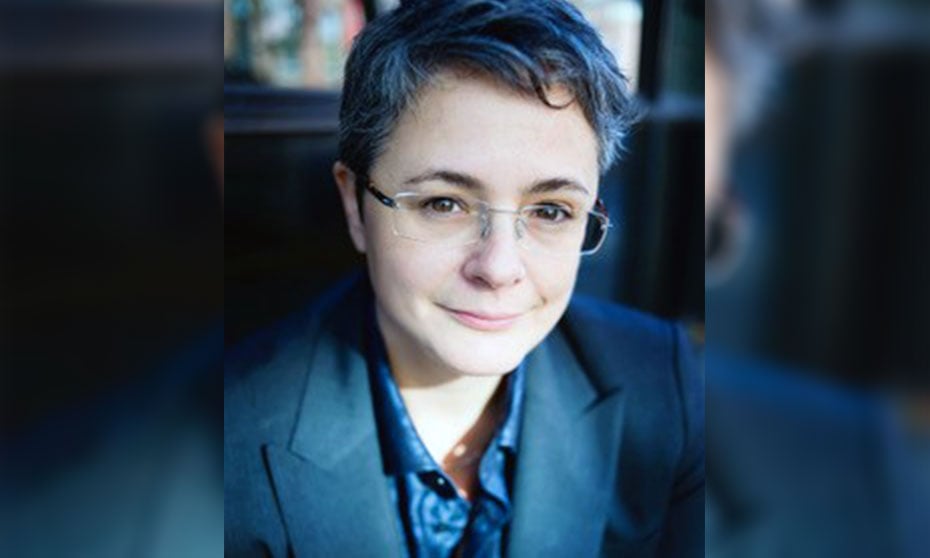
Rationale behind cap for other personal injury cases doesn’t apply to sexual abuse, say lawyers

The Ontario Superior Court has awarded general damages in excess of the cap in a sexual assault case, a first for the province, say lawyers.
Known as the trilogy, three cases from the late 1970s – Andrews v. Grand and Toy Alberta Limited, Thornton v. District No. 57 and Arnold v. Teno – established that plaintiffs could not recover more than $350,000 (adjusted for inflation) for non-pecuniary damages as the result of a catastrophic personal injury.
In D.S. v. Quesnelle, Justice Clyde Smith awarded $400,000 to a man repeatedly sexually assaulted by Louis Omer Quesnelle between 1987 and 1992. In a criminal trial, Quesnelle was convicted in 2013 and sentenced to five years in prison.
The plaintiff argued they were owed pecuniary damages from past and future economic losses because the effect of the abuse was such that they are unable to consistently hold a job, said the decision.
By not adhering to the cap, the decision in D.S. v. Quesnelle demonstrates the court’s understanding that the impact for victims of sexual assault is fundamentally different than other types of injuries, says Simona Jellinek, a personal injury lawyer at Jellinek Law Office, whose practice focuses on sexual assaults.
“I couldn't agree more with the fact that general damages don't have the same effect in this kind of case – in a sexual assault case – as they do in in a regular personal injury case,” Jellinek says.
“They're very different. The policy rationales for caps on personal injury damages, in a regular personal injury case, are completely different than they are in a sexual abuse case,” she says.
In 1996, the B.C. Court of Appeal looked at whether the cap should apply to sexual abuse in S.Y. v. F.G.C.. In that decision, the court found the “policy considerations” behind the cap, meant for accidents and medical malpractice, are not present in “intentional torts involving criminal behaviour.” The cap’s pretext, that excessive damage awards were a drain on the public purse and given out too frequently, does not apply sexual assaults, said the decision
The nature of the assaults in D.S. v. Quesnelle made it “the worst of the worst cases,” says Loretta Merritt, a lawyer at Torkin Manes LLP, whose practice focuses on historical sexual abuse.
In awarding damages for pain and suffering, courts consider the age, vulnerability and subsequent impact of the plaintiff; the number, frequency and nature of the assaults and whether the respondent was in a position of trust, Merritt says. At the time of the abuse, the plaintiff was between five and 10, there were numerous, serious assaults and the assaults were “as invasive and degrading as they could be,” she says
The damages also reflect the growing understanding courts have on the ramifications childhood sexual abuse has on a person’s education and career, says Jellinek.
“It’s very encouraging for us to see, the courts are really starting to take notice and understanding how badly people's psychological makeup and emotional makeup can be affected by sexual abuse and how those difficulties are expressed throughout a person's life in many, many different ways, including economic loss,” she says.
“To assess damages for the psychological impact of sexual abuse on a particular person is like trying to estimate the depth of the ocean by looking at the surface of the water,” states the decision in S.Y. v. F.G.C.